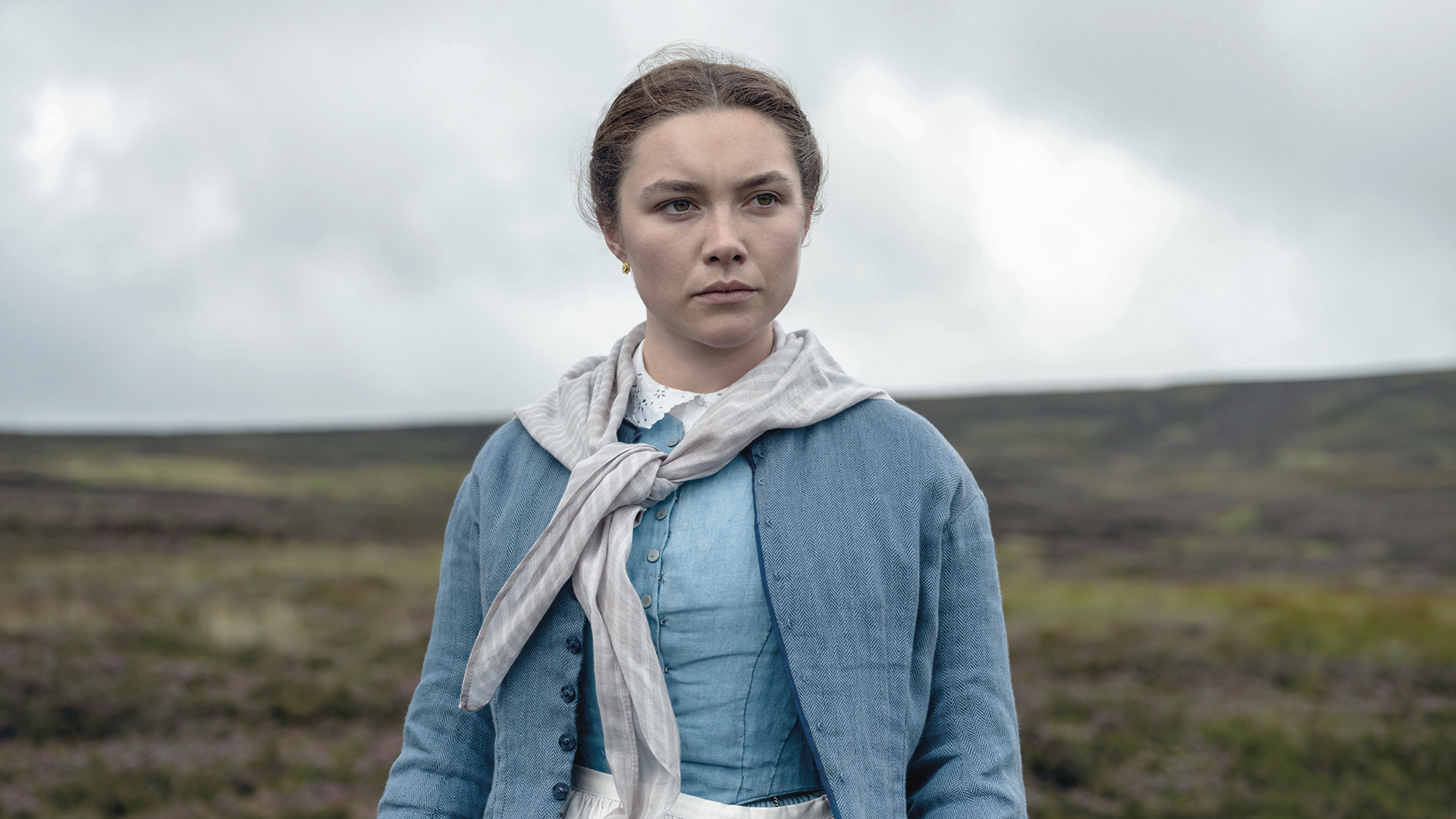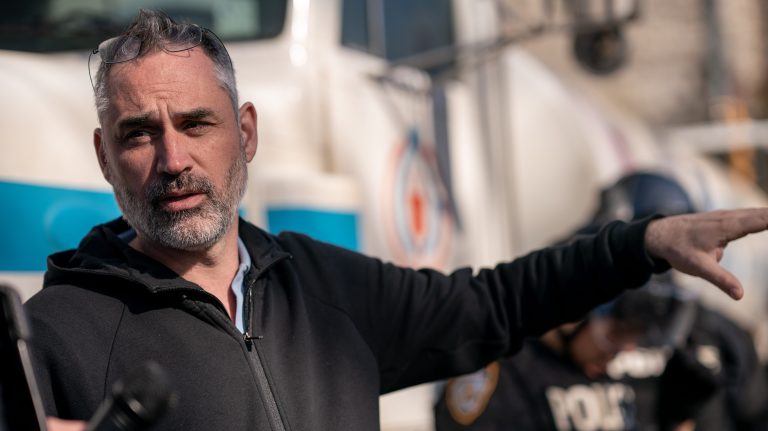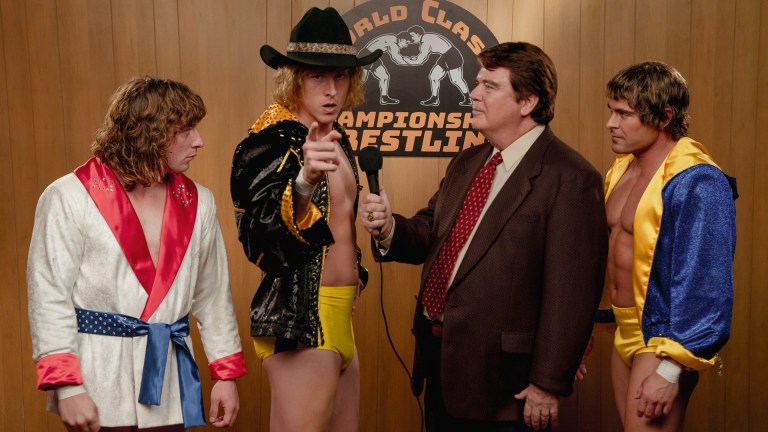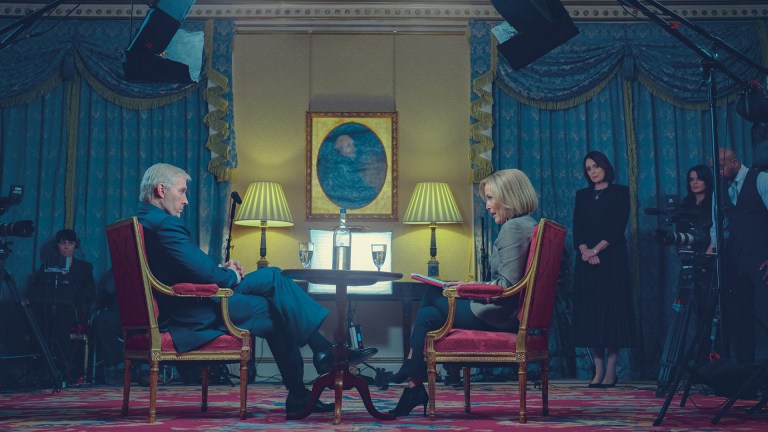It looks like hanging out with Florence Pugh in real life would be tremendous fun. With her wicked sense of humour, fashion-forward style and fondness for an Aperol Spritz, she is able to enliven even the most
contractually obliged round of promotional activity. What seems strange though, is how rarely Pugh gets
to tap into that fizzing, devil-may-care energy on-screen – her Black Widow banter and slapdash home-cooking show on Instagram during lockdown aside.
In films like Midsommar (excellent but scarring) and Don’t Worry Darling (gorgeous to look at but muddled), poor Pugh is constantly being terrorised, traumatised or gaslit. It also seems unlikely that the 26-year-old’s next two blockbusters – Christopher Nolan’s atomic biopic Oppenheimer and the sequel to Denis Villeneuve’s doomy, gloomy Dune – are going to be big barrels of laughs.
Her latest, The Wonder, is another Florence Pugh project set to put her through the emotional wringer, although there is a meta joke smuggled in there if you look for it: Florence plays a Nightingale. She is Lib, an English nurse travelling alone to rural Ireland in 1862, with the great famine in recent memory. She has been hired by a whiskery all-male crew of harrumphing village elders – including such great craggy faces as Toby Jones and Ciarán Hinds – to help get to the bottom of an apparent miracle. A local girl has survived without food for four months; Lib and another nurse, a nun, are to watch over young Anna (Kíla Lord Cassidy) for two weeks in shifts to see if there is any funny business going on.
When Lib applies the most basic and sensible restrictions to her task, such as barring nosy visitors and restricting direct physical contact between Anna and her family, the once-healthy girl begins to falter while still stubbornly refusing food. From that moment on, the welfare of her patient is clearly Lib’s priority. The elders seem to be more interested in harnessing the girl’s growing fame to put their far-flung village on the map. It is tougher to parse the possible intentions of Anna’s mother Rosaleen (the terrific Elaine Cassidy, acting alongside her actual daughter). In the margins, Tom Burke lurks as a Telegraph reporter returning to his hometown looking for a career-making story. For Lib, it is all a terrible reminder of some of her own personal tragedies. Luckily, she packed the opium.
The film is based on Emma Donoghue’s 2016 novel of the same name. Donoghue also wrote the source material for the Oscar-winning Room, another story about a woman and child trying to survive in truly suffocating circumstances. Florence Pugh has some wonderful but emotionally fraught bonding scenes with her young charge but what really stings is Lib’s sense of being powerless, of being unable to cut through the tangle of motives and conspiracies to simply do the right thing. Thankfully this Nightingale is not prepared to go down without a fight.
For a windswept, overcast period piece there is a surprising sense of immediacy. Cinematographer Ari Wegner previously shot The Power of the Dog and she seems to have a gift for making the past appear vital and palpably alive; a real place populated by real people. In one of his more striking choices, Chilean director Sebastián Lelio begins the story in a modern-day aircraft hangar that is slowly revealed to be rigged for the first scene (a grubby, creaking ship interior with Pugh mechanically eating). It only takes a few minutes to then be fully immersed in the 19th-century world created by meticulous production design and costuming.









